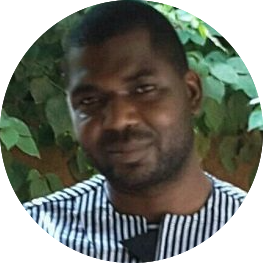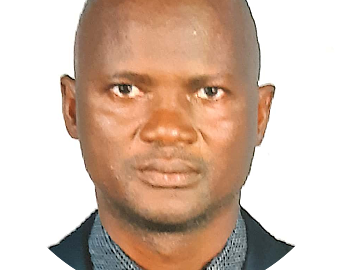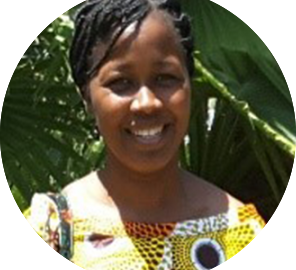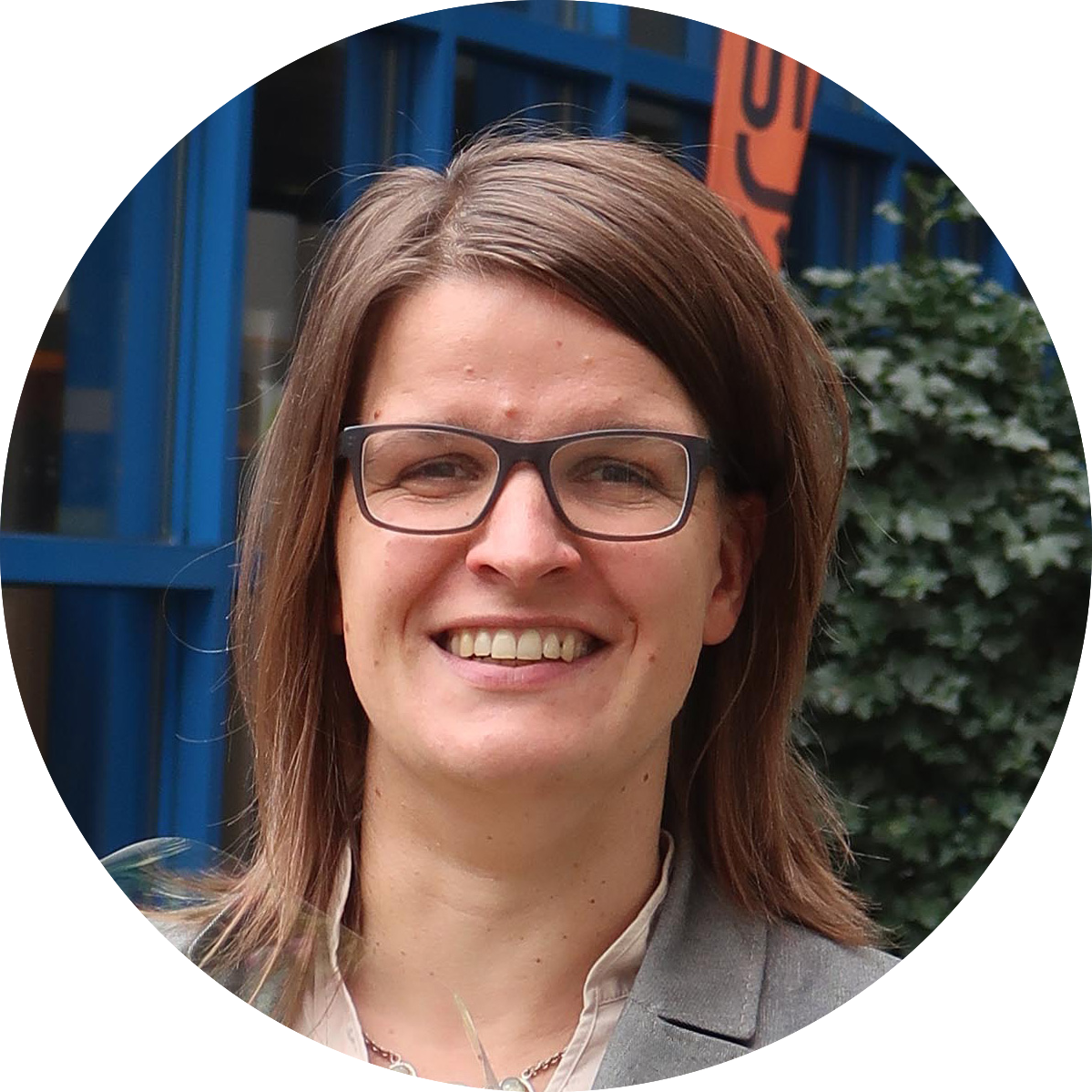Knowledge State in Francophone West Africa: Experience of the State and Institutionalization of Science in Burkina Faso and Senegal
-
Research Section: Knowledges
-
Project duration: 01.06.2021 - 30.06.2023
-
Find an overview of the project (PDF) here.
Summary
Studying the trajectory of a “knowledge state” in Africa is a challenging task. This is ironical in the sense that the institutionalization of science is the oldest research topic in the sociology science (Ben-David and Sullivan 1975), going as back as the 1920’s. Interestingly, the scholarly interest in this topic led to a significant shift in the understanding of science, which breaks with the scientism (Kleinman 2005) of the old paradigm and defines science as “an institution based on a set of values and standards to which scientists are expected to conform” (Vink 2007:38). Most importantly, studies on this topic have shown that the rise and consolidation of scientific institutions in Western societies can be explained by mainly state sponsorship, thanks to its perceived value for the political leadership. In contrast to this background about science in Western societies, there is a gap in the literature on science in Africa regarding the status of scientific institutions in society; little is known about the relationship between scientific institutions and the other institutions of the social system –particularly the state, whose sponsorship has been shown to be historically instrumental, elsewhere, to the institutionalization of science. The present research project sets out to contribute to fill this gap in the literature on science in Africa, by looking at the configuration processes between the state and science in two African countries, namely Burkina Faso and Senegal.
Key Questions
How did politicians’ experience of politics and state leadership shape their ideas about science and its place in the postcolonial state of Burkina Faso and Senegal? Specifically, the project sets out to investigate:
- How did Burkina Faso and Senegalese politicians’ experience of politics and the state has been constituted over time?
- How did Burkina Faso and Senegalese politicians understood politics and state leadership, and how their understanding evolved over time?
- What is their attitude towards science (and academics) and what is their general relationships with scientists (academics)? g
- How do these attitudes to science reflect their understanding of politics and the state leadership?
- How does this attitude teach us about the place of science in postcolonial state in Burkina Faso and Senegal?
Methods and Concepts
The few research on science in Africa have focused on scientific groups – universities, laboratories, networks, teams, and knowledge systems (e.g. Geissler and Molyneux 2011; Sandra Harding 2011) – as if they were isolated from the larger social system. Without, however, the understanding of the articulations of these scientific institutions and the other institutions of the “total social and cultural situation in which they find themselves” (Crosland1967:x). In this regards, using archives in Burkina Faso in Senegal and in France, complemented with Interviews in both countries, this research will inquire into:
- the political socialization Burkina Faso and Senegalese politicians have undergone
- the formation of the profession of politician in Burkina Faso and Senegal.
- the formation of the academic profession.
- integrative function of political role and academic role
- the status of progress in African modern state.
Vision
Contribute to fill the gap in the literature on science in Africa, by looking at the configuration processes between the state and science in two African countries, namely Burkina Faso and Senegal.
Contribution to the Cluster’s Aims & Goals
This project contributes to the Cluster’s agenda in two main respects. First, it contributes to the heuristic tool of “Moralities”. The investigation of the mechanisms for ordering academic practices directly places this project into sites of “competing, overlapping or coexisting moral claims and judgements”, which are the kinds of processes on which researchers in the theme of moralities seek to explore as conflicting modes of doing ethics. European population that moved to the colonies also contributed to the mobility of ideas they possessed. As Europeans came in contact with Africans’ ideas, theirs similarly permeated the African population.
Project Team

Dr. Natéwindé Sawadogo
Sociology
University of Ouaga II/ACC
University of Joseph Ki-Zerbo
Ouagadougou

Dr. Cyrille Semdé
Philosophy
University of Joseph Ki-Zerbo/ACC
University of Joseph Ki-Zerbo
Ouagadougou

Dr. Eveline Sawadogo-Compaore
Sociology
National Centre for Scientific and Technological Research

Professor of Social and Cultural Anthropology,
Principal Investigator
University of Bayreuth

Prof. Dr. Jana Hönke
Professor of Sociology of Africa
University of Bayreuth
Further Links
- Bayard,Jean-Francois, 2006. L’Etat en Afrique: La politique du ventre. Paris: Fayard
- Ben-David, Joseph and Sullivan, A. Teresa 1975. Sociology of science. Annual Review of Sociology, (1), 203-222
- Breckenridge, Keith, 2014. The biometric state: the global politics of identification and surveillance in South Africa, 1850 to the present. Cambridge: Cambridge University Press

